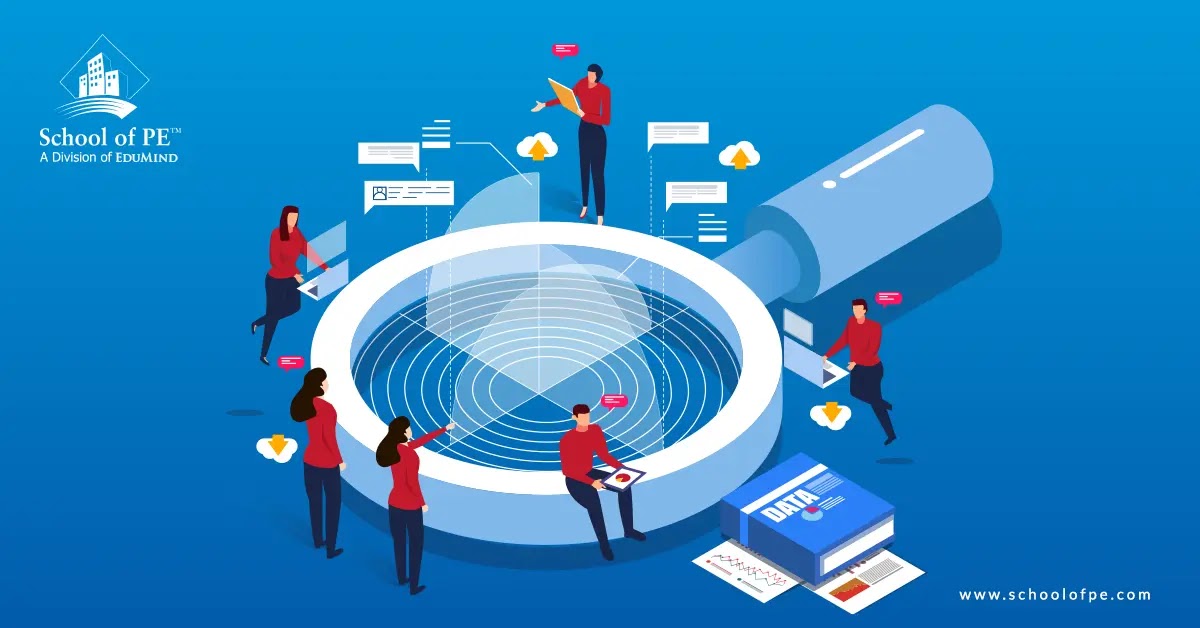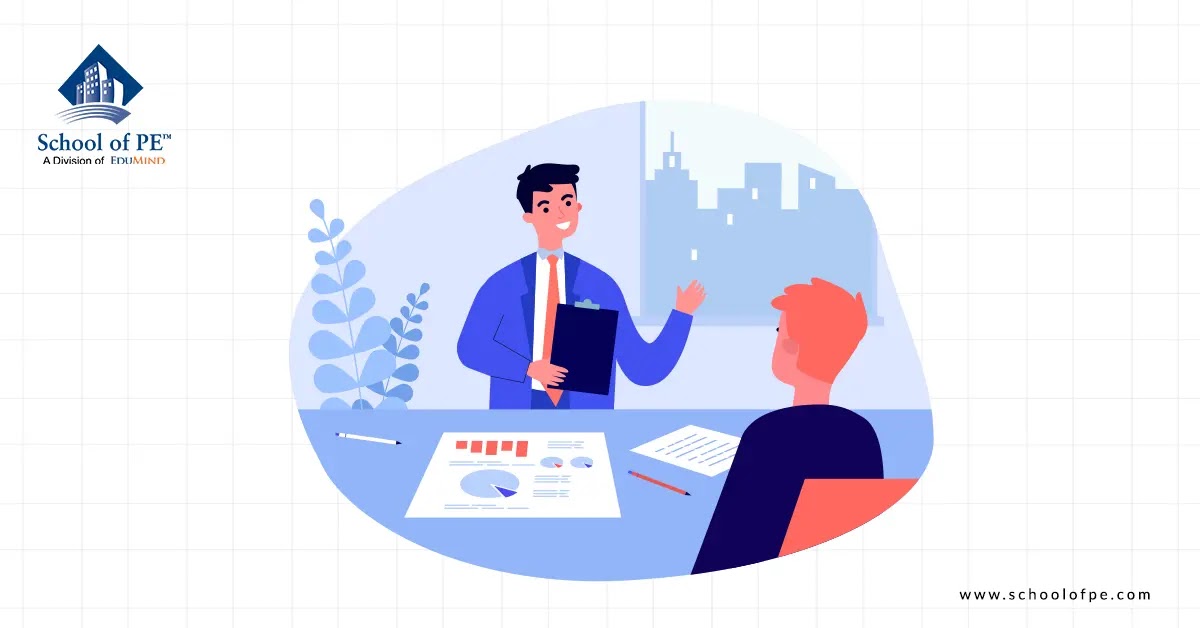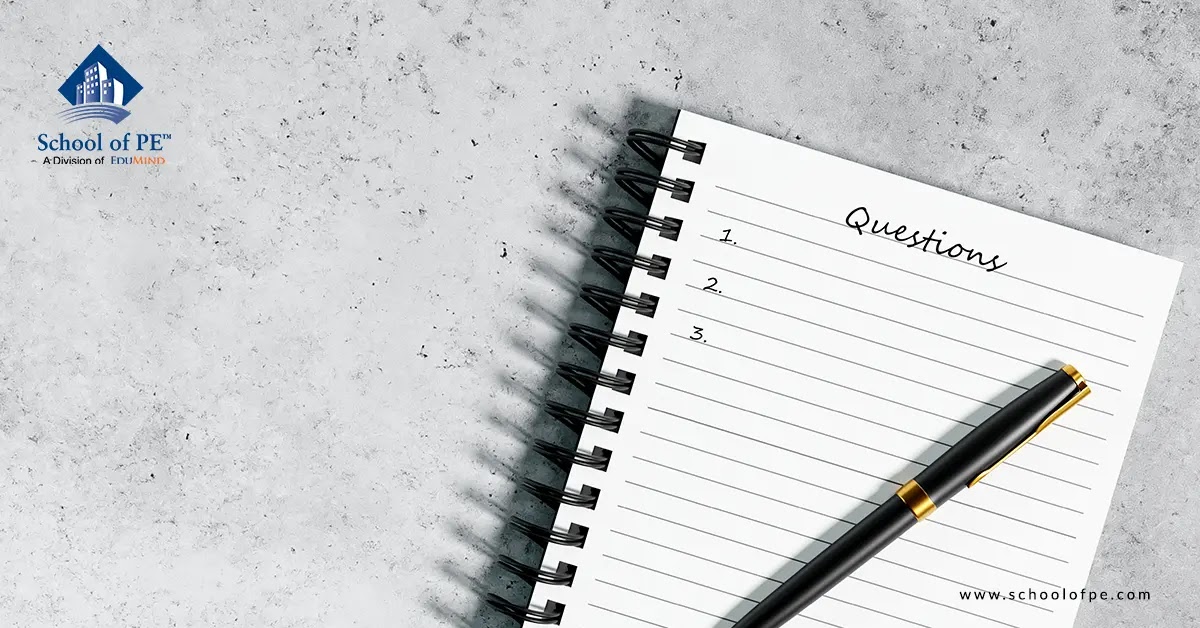Preparing for a job interview can be daunting, especially if it is your first time in a new industry; however, an interview is also an important opportunity to showcase your skills, personality, and establish a strong first impression to your future employer(s). From experience, both firsthand and secondhand, the best methods that have shown great success are researching into the company that you are applying to, preparing a script on what information you want to portray, holding a natural conversation with your interviewer, presenting a project or projects related to the industry, and preparing related questions about the job and company. In this blog, we will do a deep dive into each of the five tips mentioned earlier to help you feel more prepared and confident during your next interview.
In this blog,
Helpful Tips
1. Research About the Company

To get a better grasp of what you are applying to, research the company before going into the interview. This involves looking beyond the basic information on the company's website and digging deeper into their mission, values, and culture. Look at recent news articles and press releases; this will offer a greater insight into the company, their recent projects, any updated initiatives, and up-to-date performance.
Going into an interview well-prepared with all the company's latest news and coverage will assist in making you stand out as a potential new hire. Research also enables you to prepare for the interviewer's questions and gives the impression that you are proactive and genuinely interested in both the company and the open position.
One modern method that recent applicants have been utilizing is to look into and contact the hiring manager directly on LinkedIn. The traditional methods of applying through the company's websites or other online job boards often lead to delayed or no response at all. Reaching out to hiring managers directly on LinkedIn shows your proactiveness and establishes an interpersonal relationship which can lead to various job openings.
2. Having a Script

Having a script can be helpful, but do not rely on it too heavily. Your script should be a general outline of what you want to say during the interview, including your qualifications, experience, and why you want to work for the company. A helpful tip is to review your script with your peers or anyone you know who is already in the industry. They can offer valuable feedback, reduce uncertainty on what you want to say, and improve your confidence before the interview.
Remember, this script is a general outline: do not memorize your script word-for-word, as it can make your answers sound robotic and impersonal. Not only that, but an interview will not go exactly as you have planned, so you'll want to create a script that covers all potential avenues about the job description.
3. Have a Normal Conversation

This may seem obvious, but it's important to remember that the interviewer is also trying to get to know you as a person. Use proper hand gestures to emphasize crucial points and provide examples when answering questions to convey not only greater understanding of the topic at hand, but also your personality and enthusiasm for the position. Speak clearly and enunciate your words. It is crucial that there is no miscommunication or communication difficulties for both the interviewee and interviewer.
Speak slowly and concisely and do not rush your interview, as you do not want to come off as nervous or impatient. Take your time to think about what you need to say-this is the opportunity for the company to get to know who you are.
A common mistake that many young applicants make is padding out and answering every question. If you are unsure, do not lie and pretend that you know something you don't. Instead, admit that you were not prepared for the question and attempt to work out an answer. By being honest, the company will appreciate you more for not providing falsified information.
4. Present your Project

A tangible form of your knowledge and aptitude is in the form of a project; these could be anything, such as a design project, a coding project, or any other work that demonstrates your skills and abilities. Drawing from some of my previous interviews, bringing in a physical copy of a project can help you stand out from other candidates and give the interviewer a better understanding of your work.
Make sure you select a project where you fully know the details from A to Z. Be prepared to explain your project, including the challenges you faced and how you overcame them.
5. Prepare Related Questions

Prepare some related questions to ask during the end of the interview. All questions asked should be relevant to the company and the position that you are applying for. Here are a few recommended questions that I have used in the past:
1. What is the company's culture like, including both the workplace and social culture?
2. How would they measure an employee's success, is it judged based on personal, team, business, or some combination of the three?
3. What qualities are they looking for in an ideal candidate?
Asking questions shows that you are genuinely interested and engaged in the company and the position. The answers you receive will help paint a better picture of what life would be like if you were hired and help you make an informed decision if you are offered the job.
Conclusion
Job interviews can be stressful, but there are multiple steps that you can take to not only reduce the stress but also improve your chances of getting hired. We covered doing research into the company, preparing a general script on what you want to say, ensuring that the conversation comes off as normal and casual, presenting project(s) to showcase applied knowledge, and preparing related questions to ask at the end of the interview. Remember to be yourself and let your personality and abilities shine; this will leave a lasting impression and help connect with the one interviewing you. Best wishes on your next interview!
No comments :
Post a Comment